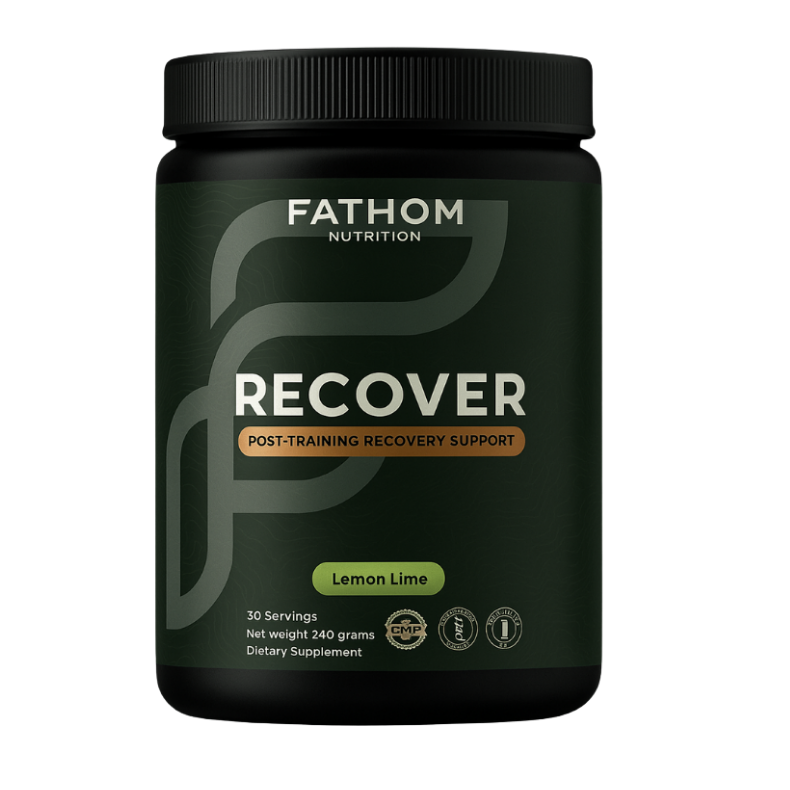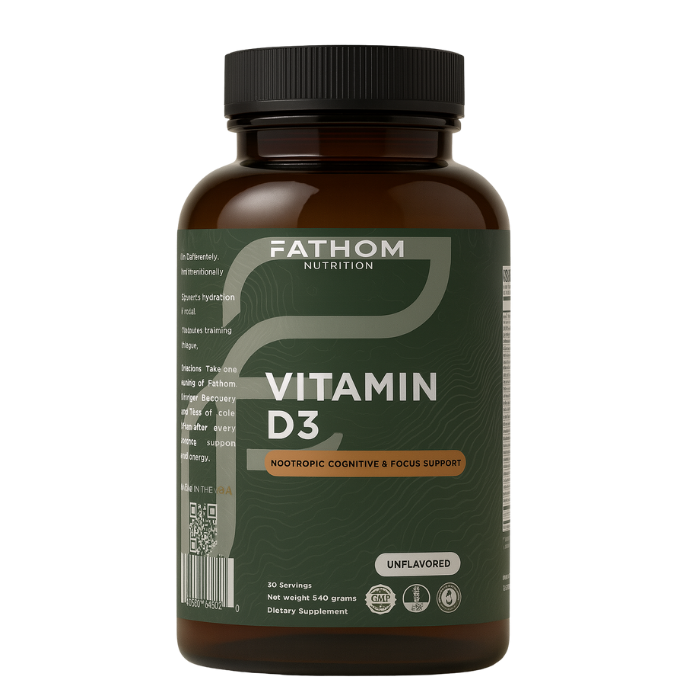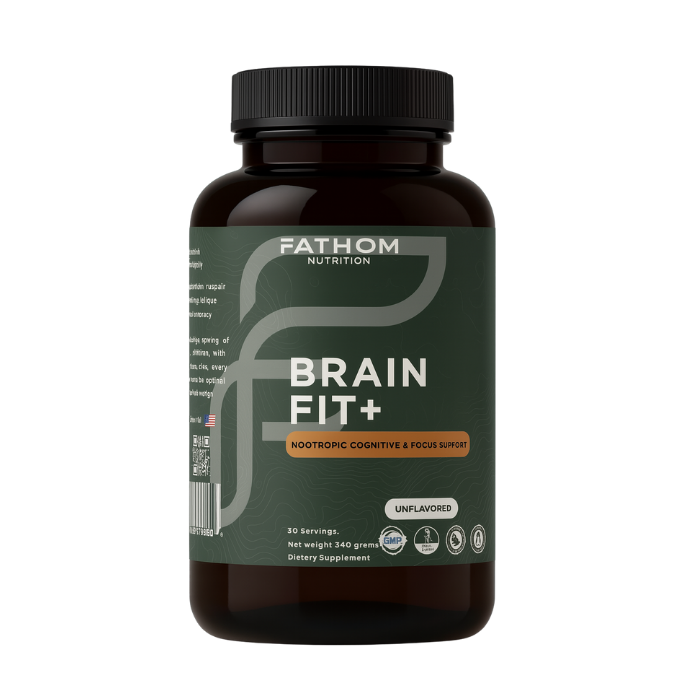Is Grass-Fed Collagen and Is It Superior?

The Ultimate Guide to Grass-Fed Collagen: Benefits, Science, and Sustainability
Collagen supplementation has surged in popularity, not just for maintaining healthy hair, skin, and nails, but also for its role in supporting the structural integrity of tendons, ligaments, muscles, and bones. As the body’s natural collagen production declines with age, the need for supplementation grows. Among the many collagen options available, grass-fed collagen stands out for its superior quality, sustainability, and health benefits. In this guide, we’ll explore everything you need to know about grass-fed collagen—and why it’s the ideal choice for optimizing your health and performance.
What is Collagen?
Collagen is the most abundant protein in the human body, acting as a structural framework for our skin, bones, joints, and connective tissues. It’s vital for maintaining skin elasticity, joint flexibility, and overall structural integrity. However, starting in our mid-20s, the body’s ability to produce collagen naturally declines, leading to visible signs of aging, joint discomfort, and slower recovery from injuries.
To combat these effects, many turn to collagen supplements. While collagen can be derived from multiple sources, including bovine, marine, and eggshell membranes, grass-fed collagen has gained prominence for its unmatched quality, safety, and environmental benefits.
Why Grass-Fed Collagen is Superior
Grass-fed collagen is sourced from cows raised on natural, pasture-based diets. This distinction results in a cleaner, more nutrient-dense product compared to traditional grain-fed collagen. Here’s why grass-fed collagen shines:
1. Enhanced Nutritional Profile
-
Rich in Omega Fatty Acids: Grass-fed collagen contains higher levels of omega-3 and omega-6 fatty acids, known for their anti-inflammatory properties.
-
Loaded with Vitamins and Minerals: Essential nutrients like vitamin A, vitamin E, and zinc are more abundant in grass-fed sources.
2. Purity and Safety
-
Free from antibiotics, hormones, and artificial additives.
-
Minimizes exposure to harmful substances often found in factory-farmed systems.
3. Environmentally Friendly
-
Grass-fed systems promote sustainable farming practices, enhancing soil health and reducing carbon footprints.
-
Ethical farming methods support animal welfare.
Understanding Collagen Types and Their Benefits
The human body contains 28 types of collagen, but most supplements focus on these five key types:
-
Type I: Found in skin, bones, and connective tissues; promotes skin elasticity and bone strength.
-
Type II: Present in cartilage; supports joint health and flexibility.
-
Type III: Found in muscles, blood vessels, and intestines; aids in muscle repair and vascular health.
-
Type IV: Located in skin’s deeper layers; critical for wound healing and skin regeneration.
-
Type V: Found in connective tissues and eyes; supports organ health and tissue repair.
Grass-fed bovine collagen primarily delivers Type I and Type III collagen, making it particularly beneficial for skin health, joint function, and muscle recovery.
Grass-Fed vs. Grain-Fed Collagen: What’s the Difference?
The diet and living conditions of the cows from which collagen is sourced have a significant impact on product quality. Here’s a closer look at how grass-fed collagen compares to grain-fed:
| Feature | Grass-Fed Collagen | Grain-Fed Collagen |
|---|---|---|
| Purity | Free from antibiotics and hormones | Often contains residues from feed additives |
| Nutrient Density | High in antioxidants, omega-3s, and vitamins | Lower nutritional value |
| Environmental Impact | Supports sustainable farming practices | Contributes to deforestation and pollution |
Grass-fed collagen is not only a healthier choice for consumers but also a more sustainable option for the planet.
Can You Get Enough Collagen from Food?
Certain foods are naturally rich in collagen or support collagen production in the body. Examples include:
-
Bone Broth: A rich source of gelatin, a precursor to collagen.
-
Organ Meats: Packed with essential amino acids.
-
Vitamin C-Rich Foods: Citrus fruits, berries, and broccoli help the body synthesize collagen.
While these foods are beneficial, achieving optimal collagen levels through diet alone can be challenging. Collagen supplements offer a more convenient and precise solution for ensuring consistent intake.
Science-Backed Benefits of Collagen Supplementation
Numerous studies have demonstrated the efficacy of collagen peptides in supporting overall health and wellness:
-
Skin Health: Improves hydration, elasticity, and reduces the appearance of wrinkles.
-
Joint Health: Eases joint discomfort and enhances flexibility.
-
Muscle Recovery: Accelerates tissue repair and promotes healthy body composition.
-
Bone Density: Supports bone strength and may reduce the risk of osteoporosis.
How to Choose a High-Quality Collagen Supplement
When selecting a collagen supplement, consider the following factors:
-
Source: Prioritize grass-fed collagen for superior quality and environmental benefits.
-
Ingredients: Look for bioavailable forms of vitamin C to enhance collagen absorption.
-
Certifications: Ensure the product is certified by organizations like NSF Certified for Sport or Informed Sport for safety and purity.
-
Third-Party Testing: Verify that the product is free from contaminants and meets label claims.
How to Incorporate Grass-Fed Collagen into Your Routine
Collagen peptides are the most versatile and absorbable form of collagen, making them ideal for daily use. Here are some tips for incorporating collagen into your routine:
-
Mix It In: Blend collagen peptides into your coffee, smoothie, or yogurt.
-
Workout Nutrition: Consume collagen 30-60 minutes before workouts to support joint health and recovery.
-
Daily Consistency: Use collagen supplements regularly to see noticeable benefits within 4-8 weeks.
Grass-Fed Collagen: A Sustainable Choice for Health and Wellness
Grass-fed collagen stands out as a superior choice for its purity, sustainability, and enhanced nutritional profile. Whether your goal is to support skin health, joint function, or muscle recovery, incorporating grass-fed collagen into your daily routine can provide lasting benefits.
By choosing grass-fed collagen, you’re not just investing in your health—you’re also supporting ethical farming practices and reducing your environmental impact. It’s a win-win for both your body and the planet.
Ready to upgrade your health with grass-fed collagen? Start your journey today and experience the benefits of cleaner, more sustainable supplementation. Try Fathom Grass Fed Collagen!











